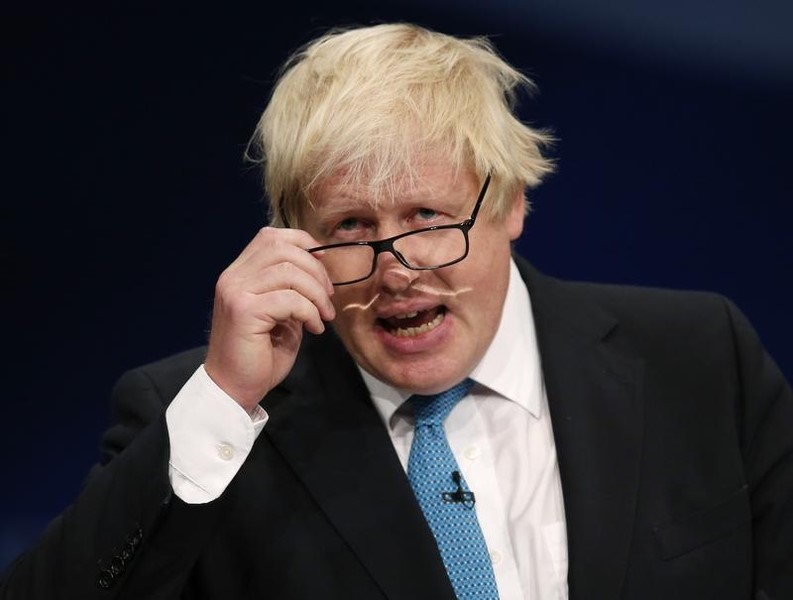Investing.com -- U.K. assets gained little comfort on Tuesday from Boris Johnson's confirmation as the new leader of the Conservative Party, a status that all-but confirms him as the U.K.’s next Prime Minister.
The result, which had been widely anticipated already, did little to alter participants' view of the likely course of events over the coming weeks, which are certain to be dominated by the U.K.'s departure from the European Union. However, Johnson's refusal to rule out leaving the EU without transitional arrangements had contributed largely to the pound hitting a two-year low while he and rival Jeremy Hunt toured the country canvassing for support from party members.
The party confirmed on Tuesday that Johnson had defeated Hunt by a margin of 2:1 in a ballot in which nearly 150,000 members voted. The margin was a touch wider than many pundits had forecast.
By 7:35 AM ET (1135 GMT), sterling was at $1.2472, up less than 0.1% from immediately before the announcement, having managed an intraday high of $1.2482. It was also up 0.2% against the euro.
The FTSE 100 likewise quickly reversed a modest uptick on the news to trade up 0.6%, where it had been before the announcement, while the yield on the benchmark 10-year government Gilt was unchanged at 0.71%.
In a brief speech to party members, Johnson repeated his triple goal of achieving Brexit by Oct. 31, uniting a party that has been split down the middle by the decision to leave the EU, and leading the Tories to victory in the next general election.
Under U.K. law, that has to take place by 2022, but The Times of London reported that Johnson is already preparing for a snap poll next year, hoping to exploit the divisions of the left-wing Labour party that leads the opposition.
In the speech, he gave little further indication of whether he would insist that ministers in his cabinet would have to share his willingness to risk a "no-deal Brexit". A number of senior figures, including finance chief Philip Hammond and Justice Secretary David Gauke, have already resigned saying that they couldn't support a no-deal Brexit. They were followed on Tuesday by the more junior Education Minister Anne Milton, who said: "it is important for me to be free to do what I believe to be right for the country and for my constituents."
The number of ministers who have resigned their positions is now bigger than the Conservatives' two-strong working majority in the House of Commons, a calculation that exposes Johnson to the risk of a no-confidence vote if he insists on trying to effect Brexit without a deal.
This is a breaking news story. Please refresh for updates.
